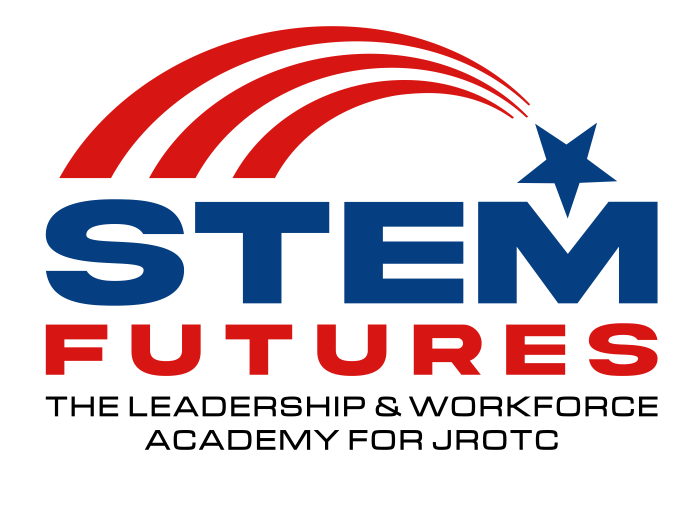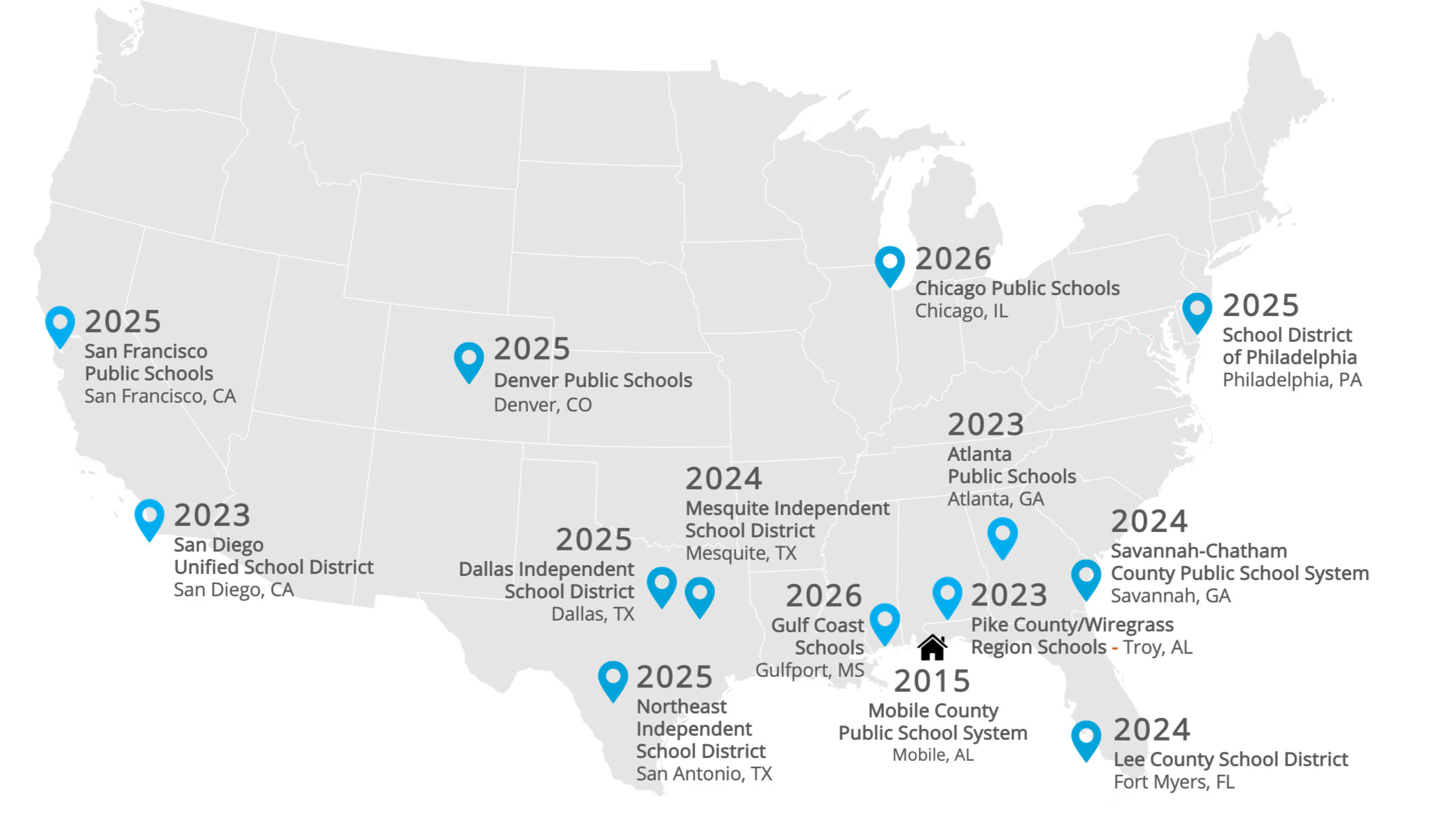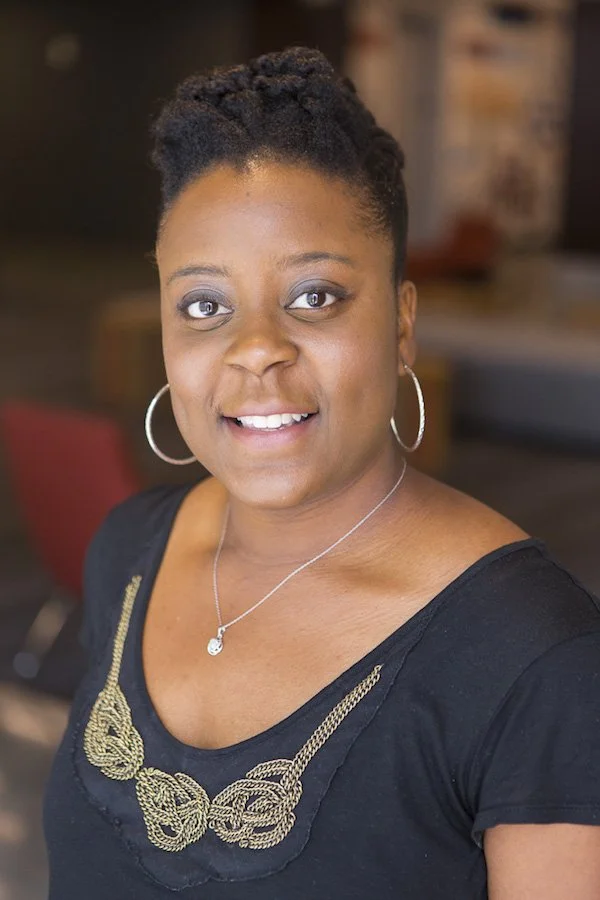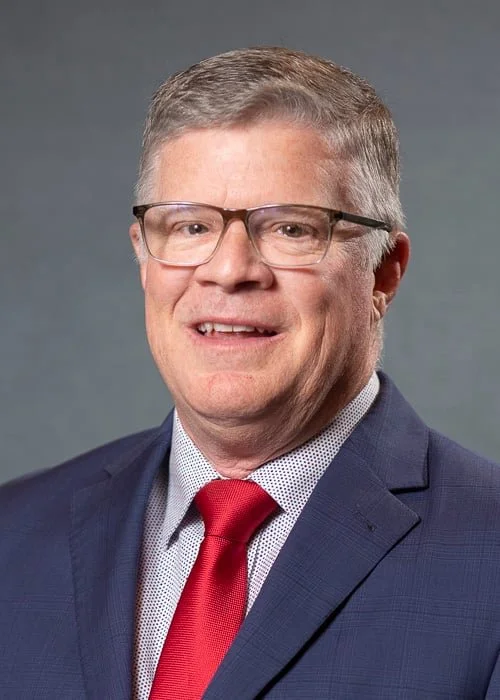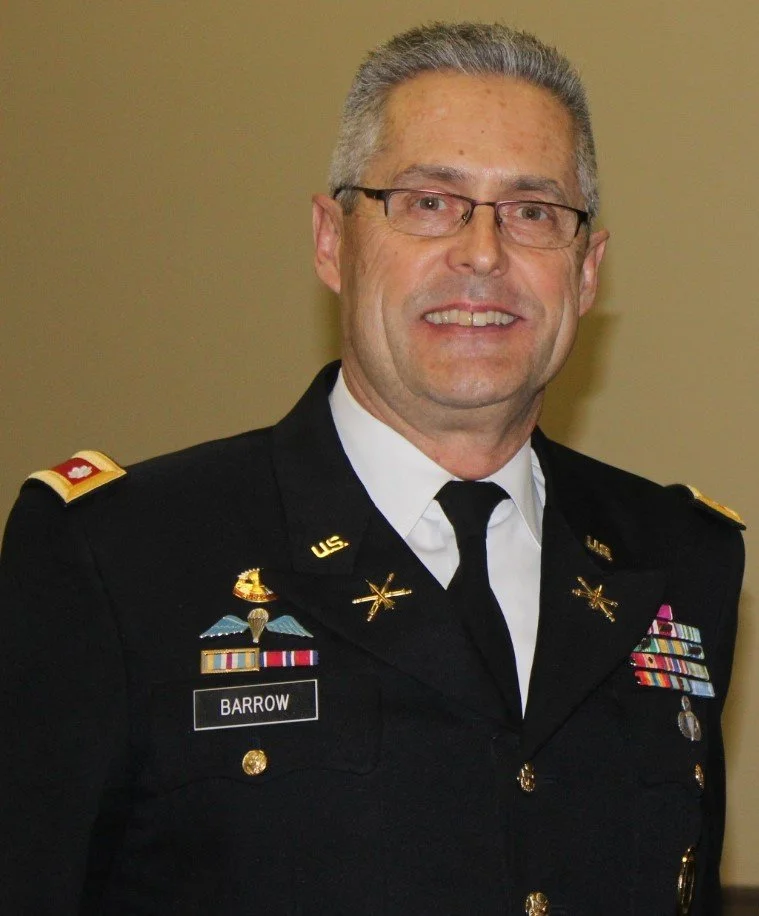
OUR MISSION
The mission of STEM in Action is to engage and inspire future innovators, scientists, and entrepreneurs through high-quality STEM-based immersive academies and field opportunities. We work to bridge educational gaps, connecting industry partners to K12 schools to shape the future STEM workforce through strategic initiatives supporting STEM career pathways both military and civilian.









STEM Futures (est. 2013) equips JROTC high school cadets with hands-on STEM design challenges and leadership experiences directly connecting them to real-world military and civilian career opportunities. The Academy builds teamwork, leadership, and 21st-century skills, preparing JROTC cadets to contribute to the nation’s STEM workforce. The Academy Program Model is HERE.
Link to the NEW 2025 Program Wide Cadet Report HERE. Individual Academy reports from across the country are all provided HERE.

Julie Cwikla, PhD
CEO and T.W. Bennett Distinguished Professor
Dr. Cwikla, as CEO and T.W. Bennett Distinguished Professor, has led over $30 million in STEM education research and programming, creating immersive opportunities for K-20 students, educators, and families across the nation. Her work spans research on JROTC cadet learning and STEM career pathways, professional development for mathematics faculty, out-of-school STEM initiatives, classroom technology integration, interdisciplinary STEM/STEAM curricula, and NASA-funded studies on algae cultivation for Mars.
Her mission is to secure transformative funding that advances STEM learning nationally and internationally. Dr. Cwikla holds degress in mathematics, chemistry, applied matheamatics and mathmatics education. She’s earned research support from the National Science Foundation, NASA, DoD STEM, the U.S. Department of Education, and more. Dr. Cwikla is the author of two books, over 50 journal publications, and has delivered hundreds of presentations worldwide. Read more.
CORE Program Elements
RESEARCH-DRIVEN APPROACH
Investigate questions of national and international significance in STEM education
Bring research funds into regions to improve STEM learning opportunities
Design transformative educational programs that enhance learning at all levels
Build partnerships that work collaboratively to illuminate STEM career pathways both military and civilian
COMMUNITY EMPOWERMENT
Develop community and industry relationships that support STEM learning opportunities
Create engaging STEM learning experiences for all
Develop interdisciplinary programs that inspire future innovators
Support educational development through cutting-edge research and technology
STRATEGIC FOCUS AREAS
Out-of-school STEM programs for students, teachers and military cadre
Interdisciplinary curriculum development and design for in-school exploration
Support for emerging STEM professionals, illuminating access points and career opportunities
Professional learning for educators and students on location through internships and STEM research experiences









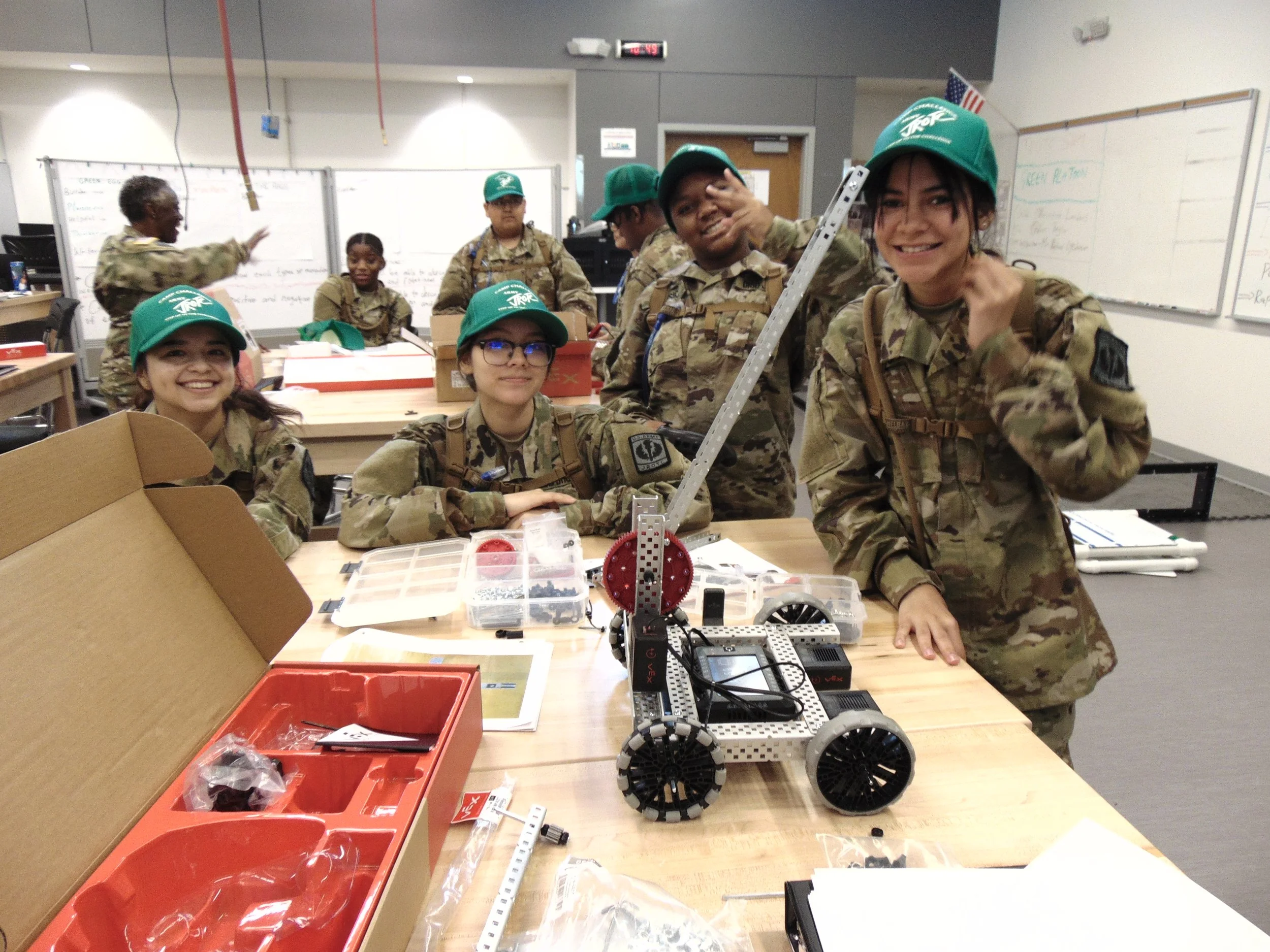
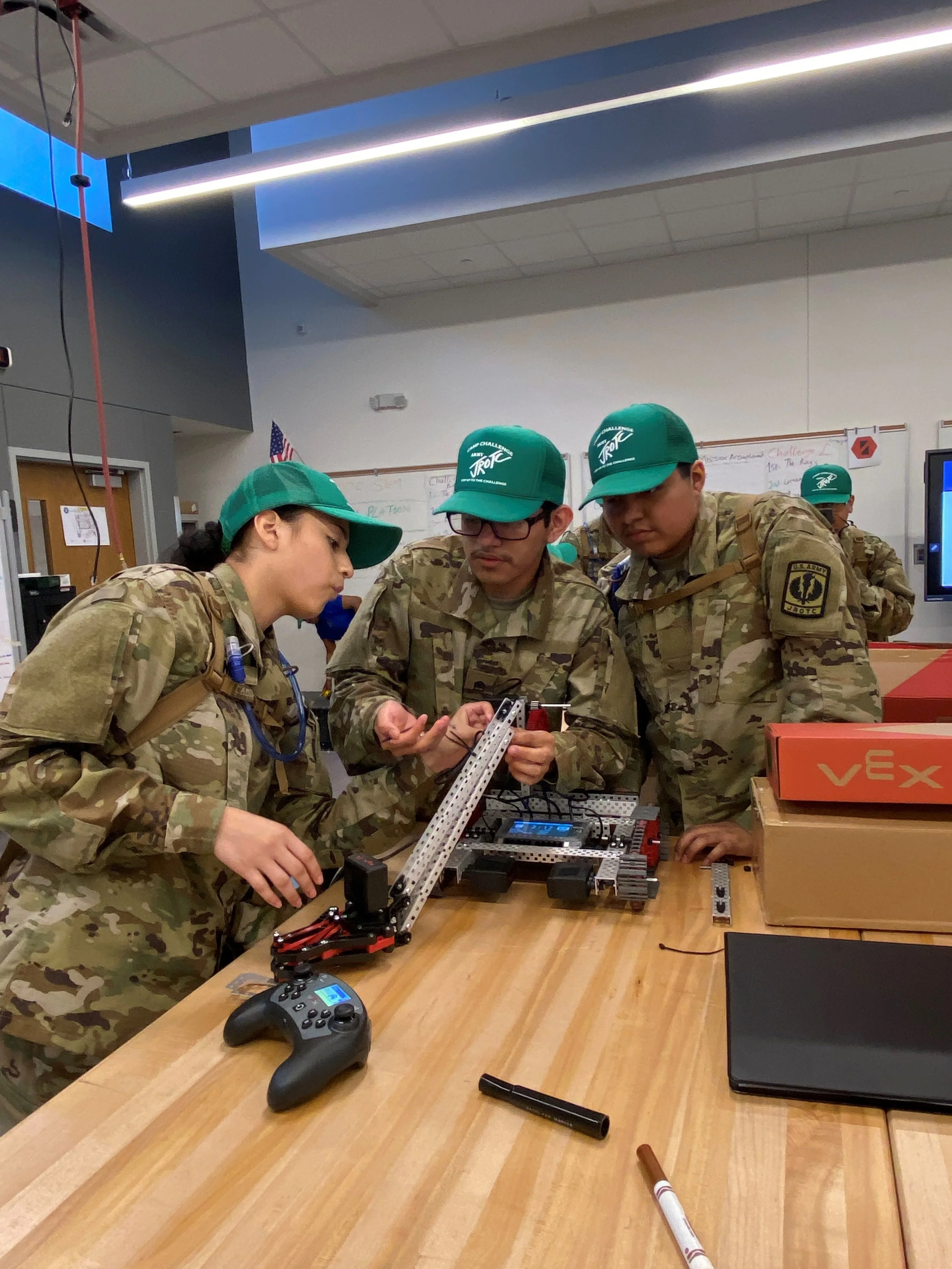



STEM in Action Board Members
STEM in Action’s Board reflects the broad reach and impact of our programs, uniting leaders from all areas of the STEM community. Our board includes flag officers, accomplished scientists, skilled engineers, dedicated educators, and public relations experts, each offering distinct perspectives and expertise. This wealth of knowledge shapes our strategy with real-world experience and a shared passion for advancing education, fueling our mission to empower the next generation of innovators and leaders. Meet the Board.
VADM (Ret) John J. Donnelly
Dr. Nashlie Sephus
Tanya Rankin
VADM (Ret) Fred Midgette
Shalaya Morissette
LTCOL (Ret) Robert F. Barrow
Misty Shaw-Feder
John Brenke, Board Secretary
Ken Flottman, Board Counsel


